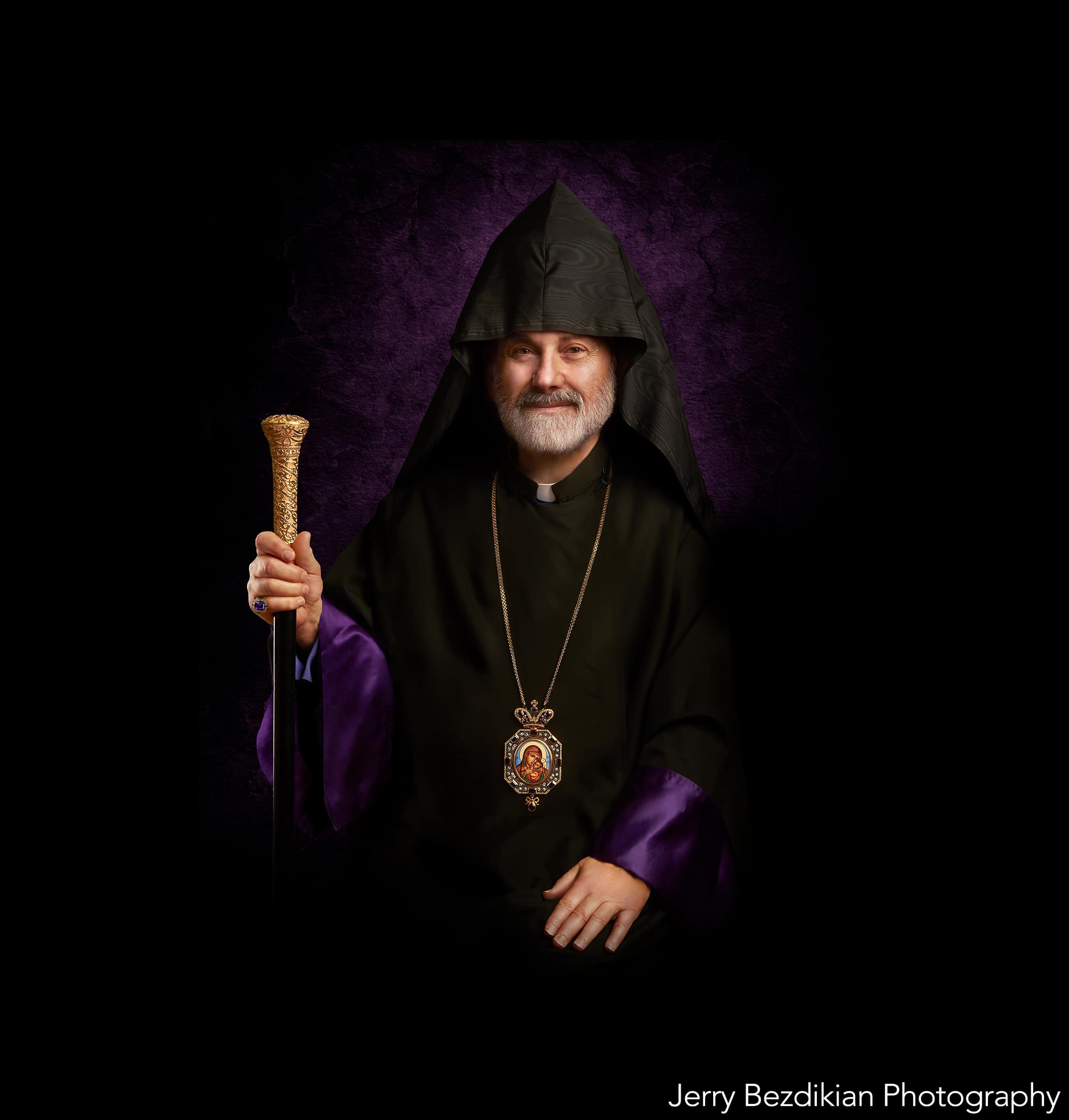The Prelate’s Sermon, December 19, 2021
Today, on the fourth Sunday of Advent, the Gospel reading is assigned from Saint Luke 17:1-10. Important themes are instructed by our Lord Jesus Christ, which bring us the awareness of how to be a realist in our life to face challenges.
- Jesus foretells to His Disciples that scandals unfortunately are unavoidable in life, not because of the Creator’s miscalculations or incapability, but because of God’s infinite love by adorning the angels and man with free will to the extent that they could deny Him or rebel against Him. Yet, Christ assures us that the authors of the scandals, no matter who they are, will not suffer the consequences of their failure.
The question which constantly tortures our mind is when we witness the continuous success and prosperity of such people who evade justice and punishment. It is true that this life has turned into an arena of injustice and cruelty where people pitilessly abuse God’s grace. Yet, the only reason that He tolerates it as a loving Father is because He grants opportunities for us to come to ourselves, to appreciate His forgiveness, to repent, and to be part of Divine eternal life and glory.
- Forgiving our brethren when they ask, even seven times in the same day, sounds quite challenging. Yet, it is not impossible because we extend the very same kindness toward our children with love and patience. Therefore, when we extend the same kindness and understanding beyond our owns toward neighbors, colleagues, etc., then we reflect the perfect Love of our heavenly Father, the Forgiver par excellence.
The main question arises when those who hurt us or who sin against us do not ask forgiveness, but rather shamelessly deny that they have caused injury. Jesus tells us: “If your brother sins against you, go and confront him privately… if the offender refuses to listen even to the church, let such a one be to you as a Gentile and a tax collector” (Mt 18:15-17); in other words, the person invites upon himself his own condemnation.
- The humble request of the Apostles to increase their faith is remarkable. They confess that faith, like knowledge, is an ever-growing gift of God to communicate with Him and to be showered by His blessings.
The response of Christ is beyond all expectations when He says, “If you had faith the size of a mustard seed, you could say to this mulberry tree, ‘Be uprooted and planted in the sea,’ and it would obey you.”
Should we understand this command literally or as a figurative example? No doubt that if we follow the sequence of all miracles since the Creation, the former is the solid truth. The main dilemma consists in understanding the very pivotal words of the Scriptures that, “God made man in His own image. He made him in His own likeness” (Gen 1:26-27). Wholeheartedly, if we believe in this key statement then there is no room for doubt; therefore, it is possible, as Jesus said, “Everything is possible with God” (Mt 19:26; Mk 10:27). Creation is simple yet a complicated reality. It is simple for those who believe, and yet an endless complication of riddles for those who cannot or do not believe.
Saint Paul boldly pronounces, “I can do all things through Christ who gives me strength” (Phil 4:13). The Evil One constantly deceives us saying that apart from God we can be gods on our own just as he did with our fore-parents, with the builders of the tower of Babylon, etc. Today, more than at any other time, in our progress in science and technology, temptation always is at the door to exalt our ego, our creativity, our achievement, when instead like Saint Paul, we should thank the Almighty Lord that with His Grace and power we are able to do all these things, whether landing on the Moon or on Mars and why not, tomorrow, enter into other galaxies.
- Jesus, after describing the obligation of the servants toward their masters, concludes His words by saying, “We are worthless servants, we have done only what we ought to have done.”
If Love is the gravity law of our Christian understanding, then Faith and Humility are the two poles that keep in harmony the course of our lives. Through introspection, the more that we humble ourselves, the more we realize our value in God’s eyes, and may enjoy His working power through us. As in science, the more we study the microscopic interaction of the molecules, the more we understand the magnificent operation of the universe.
Our Lord’s way of evaluating our labor is not just a theory which belongs to the old world, but is a continuous motivation of reality in our society. Years back, I remember one of our former prelates, blessed be his memory, had heart surgery. After a long operation, when the doctor came out of the room and told us that everything had been very successful, I thanked him and was close to embracing him joyfully. His response just stunned me when he said, “Do not thank me, but Him,” showing the cross that he was wearing on his white uniform…
Having been instructed with these valuable teachings, let us all fill our week with these lessons, and be able to escalate to the fifth level of the ladder, bringing us closer to the One who has descended from the heaven, to raise us to heaven, and praise the All-Holy Trinity. Amen.

